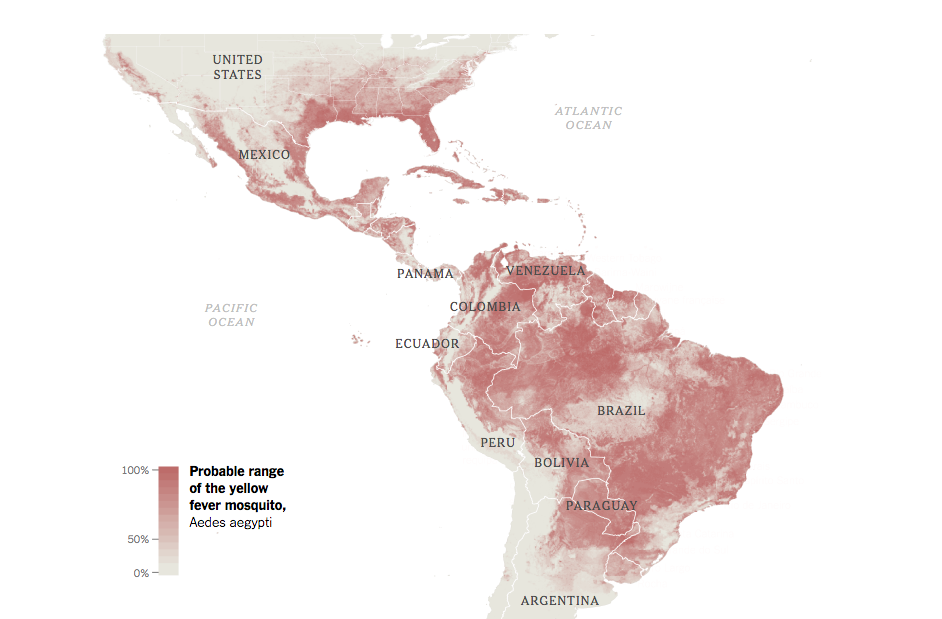Almost every day seems to bring more bad news regarding the Zika Virus: babies developing malformed brains, adults suffering the progressive paralysis of Guillain-Barré syndrome and the devastating disease is spreading from the tropics to the United States.
There have already been more than 1,400 travel-related Zika cases in the United States while nearly 3,800 people have acquired the virus locally. A further 40,000 people are estimated to be carrying the virus without their own knowledge.
Health officials in Florida have been investigating several new cases of Zika in the region. The Centers of Disease Control and Prevention have now confirmed that these were the first infections originating from mosquitoes in the United States. They have now advised pregnant women nationwide to get checked for possible exposure to Zika as the virus continues its spread.
Unfortunately there is no vaccine against the Zika virus. Efforts to make one have only just begun and the production cycle of such a vaccine normally takes years and costs hundreds of millions of dollars.
Oxitic, a subsidiary of Intrexon, has genetically engineered a male Aedes Aegypti mosquito with a specific mutation that causes them to require a specific antibiotic to survive. Without this antibiotic, the mosquitoes and their future generations will die thereby drastically reducing the population. This solution has already been widely and successfully tested, currently helping to control the situation in Brazil during the Olympics, but is commonly considered as an expensive measure only to be taken as a last resort.
In the United States, the Food and Drug Administration have been unwilling to allow even small-scale testing of these genetically invasive techniques and synthetic chemicals, leaving room for safer, cost-effective and successful alternatives.
Naturally extracted as well as being a powerful, effective pesticide, neem has evolved from being a ‘traditional’ medicine to the subject of studies showing its effectiveness in reducing the transmission of mosquito-borne diseases such as Zika. Neem has demonstrated anti-feedancy, fecundity suppression, ovicidal and larvidical activity, growth regulation and repellence against 500 different insect species. As opposed to synthetics, neem-based pesticides and repellants have multiple modes of action against insects. Immune to resistance, entirely biodegradable and cost effective, organic insecticides such as neem are valuable solutions to this rising public health issue.
The neem tree’s varied bioactive compounds offer a promising alternative in ensuring the prevention, elimination and treatment for vector diseases such as Zika, with the added value of being natural, accessible and relatively non-toxic.
For more information about the incredible benefits of neem, please download our Neem Report.
When the Wolrd Health Organziation declared a global public health emergency earlier this year, major scientific institutions around the world raced to develop a safe and effect solution to reducing Zika’s rapid spread. With the threat of Zika increasing around the world and the lack of medicines available to treat its associated symptoms, we must focus our energy towards the development of solutions that prevent transmission.

